Scaling Vaccine Demand Solutions
The Mercury Project presents results; prepares for next phase
Vaccine demand is a pressing problem: MMR vaccine uptake is backsliding, uptake of the new RSV vaccine has been lower than expected, and concerns abound about uptake of the new malaria vaccine. We cannot take for granted that supplying vaccines means that people will take them.
Research on behavioral interventions that promote the uptake of proven biomedical products like vaccines must complement research to develop and bring to market such products. Taking up this challenge, the Mercury Project was launched in 2021, as Covid-19 vaccines—and inaccurate information about them—were rolled out. The Mercury Project supports rigorous evaluation of interventions designed to increase vaccine demand in Africa, Asia, Latin America and the Caribbean, and the United States.
In 2021, the existing evidence base on vaccine demand lacked actionable specifics. Why? First, existing causal evidence focused heavily on attitudinal and intentional, rather than behavioral, outcomes—yet intentions do not consistently predict actions. Second, evidence published by 2021 focused largely on high-income countries, with about half of studies conducted exclusively in the United States (~4% of the world’s population). Third, even rigorous studies with behavioral outcomes yielded divergent results. For example, similar SMS reminder messages worked in Pennsylvania (in the northeastern United States) from September – December 2020 for the influenza vaccine but not in Rhode Island (also in the northeastern United States) in May – June 2021 for the Covid-19 vaccine. More work was needed.
The eighteen current Mercury Project teams—rooted in common research methodologies and a co-created research framework—are working to produce actionable findings that can immediately be adopted by local decision-makers. Teams are evaluating an extensive portfolio of behavioral interventions across diverse settings (with two-thirds of studies in low- and middle-income countries), using a variety of design strategies informed by behavioral science, including reducing the informational, decisional, and logistical costs of vaccination and increasing the social benefits from vaccination. All Mercury Project evaluations measure behavioral outcomes, including vaccination and online behavior. While initially centered on Covid-19 vaccines, teams are currently focused on a broad range of vaccines consistent with local priorities.
A strong consortium infrastructure fortifies these eighteen projects, enabling teams to share lessons and tools with one another, to connect with outside experts, and to co-create knowledge products that can further a research and action agenda. The Mercury Project consortium forges opportunities, incentives, and efficiencies for solutions-oriented knowledge sharing and generation across sites and teams. The consortium is hosted by the Social Science Research Council, drawing on its deep grant management experience, operational efficiencies, scientific expertise, and close relationships with multidisciplinary and multinational researcher communities.
The next critical step will be to systematically identify those vaccination-boosting interventions that can scale across multiple geographies, populations, and diseases. A second phase of the Mercury Project leveraging a master protocol design would ensure that researchers and practitioners can build on the Mercury Project’s local results to find those interventions that reliably increase vaccination at scale across diverse settings. Master protocols, or closely coordinated randomized trials evaluating potentially scalable interventions across multiple and diverse settings, produce not only local but also generalizable knowledge.
We will launch this next-phase work at the Mercury Project Solutions Summit in October 2024 at the University of Nairobi, building on the project’s accumulated findings about effective local solutions to the problem of vaccine demand. The Solutions Summit will convene leaders and researchers from the public, private, and philanthropic sectors to identify the most promising interventions for increasing local vaccine demand, and to develop master protocol blueprints to evaluate those interventions at scale across diverse settings. You can attend the morning plenary session by registering here for 3 October 2024. We invite partnership from the public, philanthropic, and private sectors to launch this second phase of the Mercury Project.
In practice, what might the second phase of the Mercury Project look like? First, an expert steering committee—comprising key public, philanthropic, and private sector actors invested in vaccine demand—would refine the master protocol blueprints built at our Solutions Summit, identifying vaccine demand interventions with the potential to scale across multiple countries, platforms, diseases, and/or critical population groups. Second, we would launch a call for proposals to execute one or more of these blueprints, with teams of researchers competitively selected through external review for their methodological and substantive expertise. The call for proposals could incorporate a planning grant stage to enable teams to develop compelling proposals, could enable research partnerships across closely allied teams, and could leverage prediction markets to improve research design and incorporate the perspectives of multiple stakeholders. Third, careful oversight and coordination of selected teams in the master protocol would ensure that targeted interventions would be evaluated across multiple countries, platforms, diseases, and/or critical population groups using the same methodologies and outcome measures.
By coming together to systematically evaluate promising interventions across diverse settings, we can meaningfully improve vaccine demand at scale. The challenge of vaccine demand today is different than it was in 2021. But it is no less pressing. We invite you to join us in meeting this challenge.


 Related Programs
Related Programs  Resources
Resources